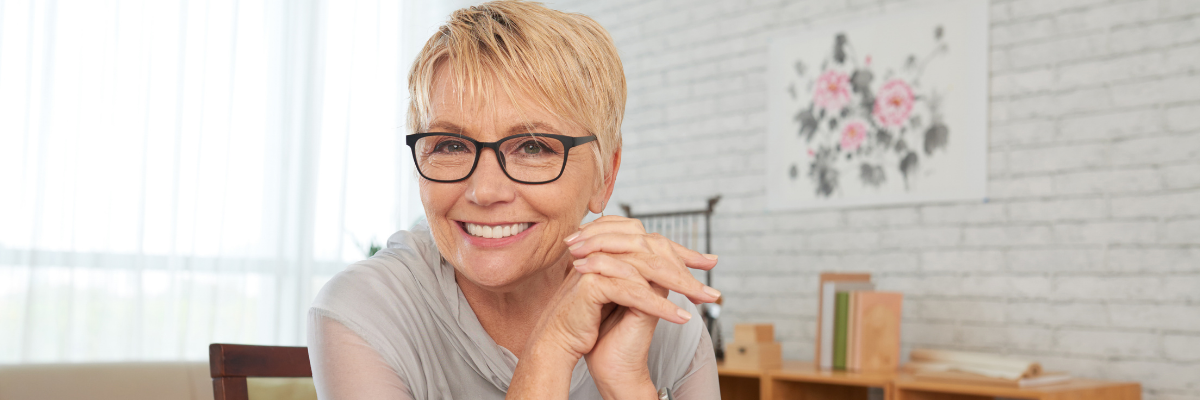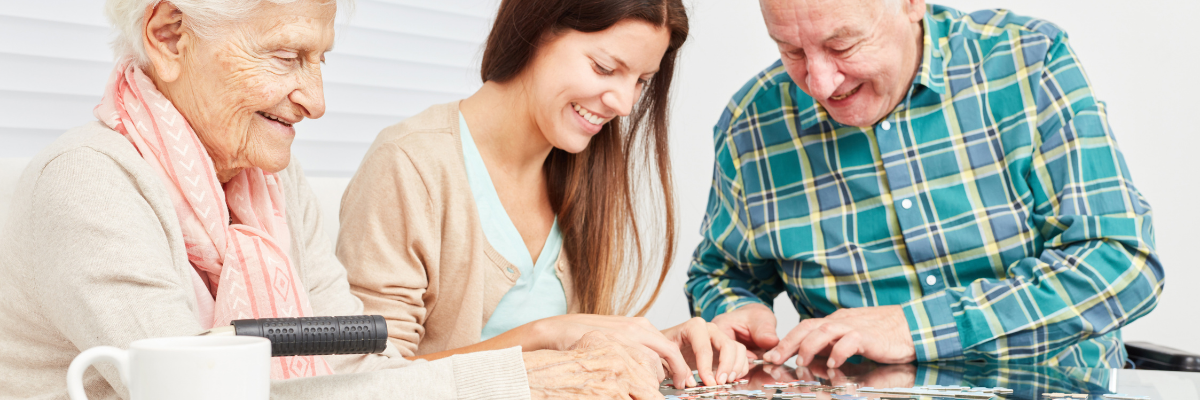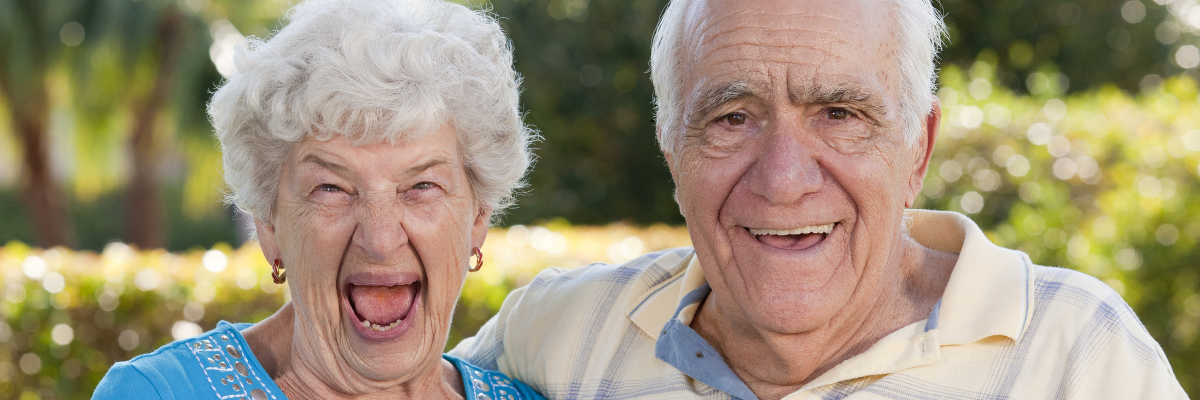Debunking the Three Most Common Myths About Ageing
Despite the fact that the ageing process is natural and common, old age is often presented as a shameful and taboo subject. That is why so many myths and misconceptions about this inevitable process have spread. Therefore, in today’s article, we will describe the most popular myths about ageing and old age, together with scientific, sociological and psychological arguments to dispel them! What are the common myths about getting older and becoming a senior? Let’s find out together!
What are the most popular myths about ageing?
There are hundreds of different myths about ageing and being a senior. Some of them are true, and some are completely made up with no grounding in reality. However, for convenience, we will focus today on the most popular and, in our opinion, the ones that have the most negative impact on the way we perceive old age. The most common is by far myths are those about how age affects health. These are mainly about treating old age as a disability, and the ones that talk about exceptional memory problems and cognitive impairment.
The other biggest myths about ageing treat old age as a period in life inevitably associated with depression, apathy and excessive need for sleep. Add to this equation, the fact that our condition in old age depends entirely on our genetics, and we have a set of the most popular myths about ageing adults right on a platter! But are they all untrue? Or maybe there is a bit of truth in each, but they are exaggerated? Let’s find out!
Debunking myths about the health and mental state of an elderly person
Myth 1: Serious memory problems and cognitive impairment
Of course, as we age, our brain, like the rest of our organs, works a little less efficiently. However, the information about excessive memory problems and the complete impairment of cognitive and learning abilities is a myth! What is more, it is one of the biggest myths about ageing! The saying you cannot teach an old dog new tricks does not apply to humans!
It is never too late to train your brain! On the contrary, new tricks and hobbies make our brains work more efficiently, learn faster and remember better. You can enhance your nerve cells functioning every day! Let’s play chess or cards, solve crosswords, quizzes or sudoku, and provide adequate amounts of omega-3 fatty acids with our diet, which are a great preventive for Alzheimer’s and other neurodegenerative diseases. Good sources of these fatty acids are fish, nuts, vegetable oils, and to a lesser extent berries, and spinach. In conclusion, it is possible that as an older person, you may need a little more time to learn new skills, and your memory will deteriorate but if you exercise your mind regularly, the results will be hardly or completely unnoticeable.
Myth 2: depression, apathy and excessive need for sleep
Indeed, elderly people often suffer from depression or apathy, but this is not caused by age, but rather by social isolation, the inability to find their way into a new reality after stopping working, and personal characteristics of the body. Excessive tiredness is also not always the result of a poor condition associated with how age affects health, it is often linked to illnesses such as the aforementioned depression and apathy, the use of strong medication, an unbalanced diet and a lack of exercise.
And like all of the previously mentioned situations have little to do with age, but rather lifestyle and circumstances, we can say with certainty that this is one of the most common myths about getting older that is not entirely true. In the process of debunking myths about the health of the elderly, we would also like to add that, symptoms such as depressed mood, apathy or excessive need for sleep should not be ignored and to blame ageing for them, but rather be consulted by a doctor or psychologist as soon as possible!
Myth 3: condition of an ageing person depends entirely on genetics
The last and probably the most common myth about getting older is that the condition of an ageing person depends entirely on genetics. In our opinion, this is also one of the most negative myths about ageing adults, as it is a kind of explanation for self-destructive habits, lack of exercise and an unhealthy diet. Certainly, genetics and diseases passed down from generation to generation cannot be ignored but it is definitely not the most important issue and one that we cannot reverse or mitigate.
Even if there are cases of obesity in our family, it does not mean that we, too, are doomed to it, despite a balanced diet and exercise. Conversely, the fact that our grandmother lived to 93 years of age in good health does not mean that we, too, will share her fate, despite our unhealthy lifestyle. For, although genetics plays a large part in our lives, it is even more significant, what we eat, what we do and how well we look after our health!
These are all myths about ageing that we would like to debunk today. What would you add to this list?















